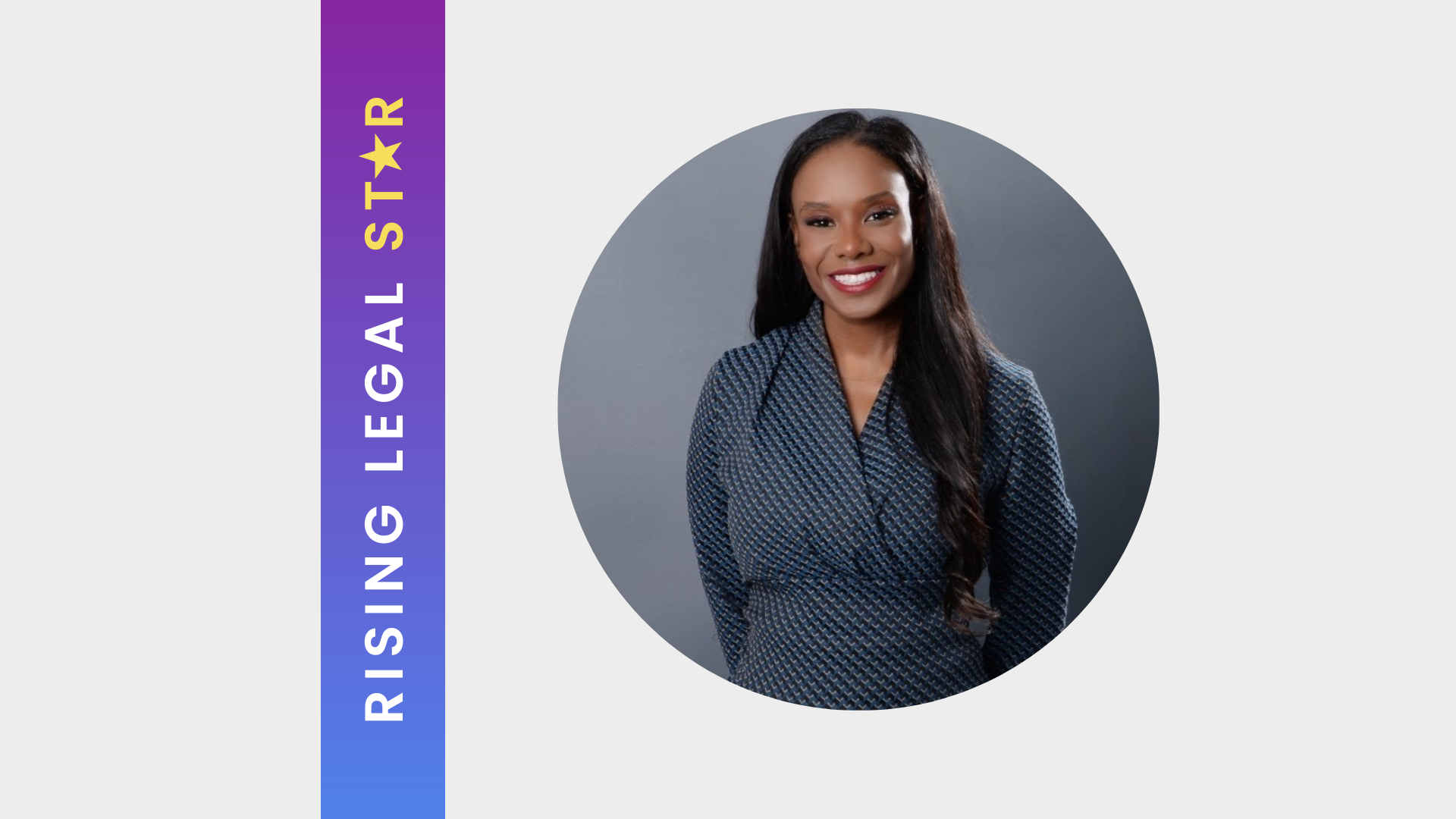Women in Law: Jacqueline Downes
Jacqueline Downes – Partner, Competition, Consumer & Regulatory, Allens (Sydney)
Can you tell us a little about Allens and your practice?
Allens is a fantastic firm which just celebrated 200 years. We have been involved in many seminal matters for iconic Australian and international companies over that time and continue to be involved in them today. We have a commitment to great people and work and are highly collegiate.
I have been at Allens for over 25 years and am now head of the Competition, Consumer & Regulatory group. We advise clients on all matters involving competition and consumer law, including merger clearances, investigations by the competition and consumer regulator, the ACCC, ACCC and private litigation and general advisory work. Aside from a one-year stint at the Federal Court as an Associate I have been at Allens my whole career – I was a summer clerk back in the day!
Why did you decide to pursue a career in law?
I didn't always want to be a lawyer – originally I wanted to be a history academic majoring in medieval history. My history thesis was about the plight of medieval women called "Witches and Bitches"! My dad was a barrister so I had always been exposed to the law. However, it was when I did my summer clerkship at Allens that I decided I wanted to be a lawyer. I shadowed a senior partner and had quite a lot of direct client contact and I decided that, while I loved history, I wanted my career to be in the real world. I could always keep history as a hobby (which I have!). As a competition lawyer much of what we do is a combination of fact finding and black letter law which, in many ways, is not unlike analysing history.
What are the top three words you’d use to describe the culture at Allens?
Collegiate, supportive and rich.
In your experience, what has been the most significant change for women in the legal field over the last 5 years?
The number of women partners is a big change - at least over the last 15 years - and I think provides more visible role models for younger lawyers. When I was made a partner 15 years ago only around 14% of Allens partners were women - now it is 37%, and we are aiming for 40% in the next three years. The other big change is more support around parental and care giving leave and more men taking parental leave, which is really important for both men and women.
How important is it to have other women visible at management level?
It is critical. Without that visibility there is little impetus for changing the way things are done. It also gives younger women an example to follow so they believe that becoming a partner or manager is an option for them too.
What difference have you seen to the way of working since COVID?
We had a flexible working policy in my group before COVID but it has definitely increased that as an option. I don't think we will ever go back to working 5 days a week in the office. While I do like working in the office most days it is good to have that increased flexibility and the technology to work from home when it is convenient, particularly to assist with care-giving roles and to allow for more time with family.
What do you think clients value and why? Have you seen this change over recent years?
Clients value that trusted legal relationship and also want you to be proactive about looking out for their business. Clients will always want the best advice and will often rely on a trusted adviser they have a relationship with. But that is not sufficient on its own anymore – clients also want their lawyers to be responsive and manage costs and to be proactive in thinking about their business and the impacts of legal or industry developments.
What do you think the legal industry can do to get more women and other diverse candidates into leadership roles?
I think it really is about seeing more people in those roles. How do you do that? I think by understanding the factors that impact women such as family commitments, a desire for connection and interesting work and ensuring those aspects are part of a legal career. Also constantly asking yourself when looking at candidates for roles whether you are bringing any unconscious bias to the decision making process. We don't have that problem as much in our group as we have had more women than men for a while – including at partner level where we have 5 female and 2 male partners.
What advice would you give to your younger self just starting out in law?
Dream big and take as many opportunities and experiences as possible. You can do it.
For more Women in Law interviews, please click here.













